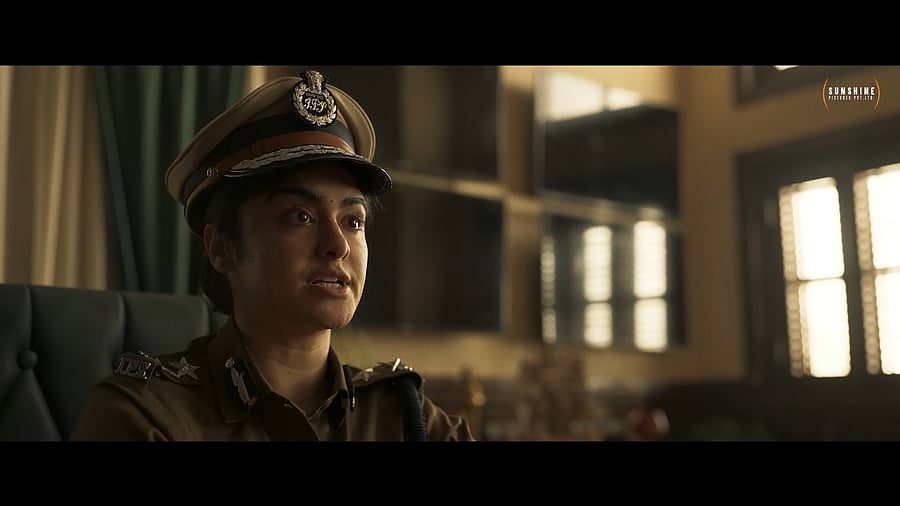
Sudipto Sen’s new feature film ‘Bastar: The Naxal Story’ lacks not just an understanding of a complex political situation, and its larger socio-economic undercurrents, but also of constructing a compelling narrative.
The film is set around the 2010 incident at Dantewada where 76 CRPF Jawans were killed by Maoists. The abundant screen time given to demonising the antagonist forces makes it seem as if the makers were not as invested in telling a story.
The film’s major focus is neither the heroic deed of the character Neerja, an IPS officer, whose mission is to eliminate Naxal movement in Bastar, nor the lives of common people who are sandwiched between the Naxals and the Army. The focus is majorly on how cruel the Naxalites are. As a result, we see more caricatures than characters.
Juxtaposition of scenes like university students celebrating the death of CRPF jawans with a rap concert, and a sad song to underline the loss of lives of the martyred soldiers, turns the film into an extremely simplistic story about good and bad but the conflict between the good and bad is not shown.
If the background score of the film — which is manipulative — is silenced, the film’s monotonous visual language and narrative would fail to evoke any emotion from the audience.
The most dangerous part of ‘Bastar’ is its vision. By making it seem like a battle between Naxalism and patriotism, the film upholds and justifies the extra-Constitutional violent troupe called Salwa Judum. That is where the film, despite its efforts to criticise violence, becomes a propagator of violence.